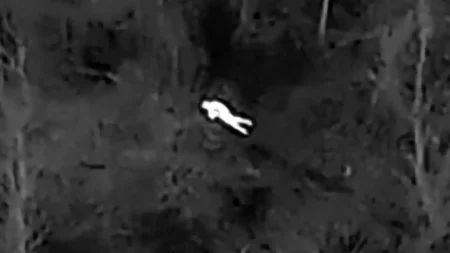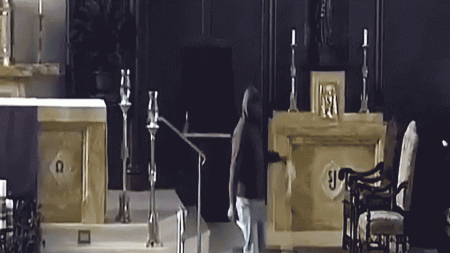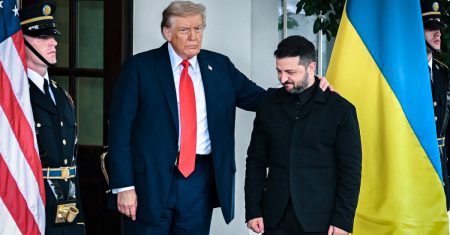Israel’s Haredi Military Service Debate Heats Up
As Thursday approaches, Jerusalem braces for massive demonstrations against proposed changes to a longstanding policy that has exempted ultra-Orthodox (Haredi) religious students from mandatory military service in Israel. This contentious issue sits at the intersection of religious tradition, national security, and societal equality, touching deep nerves in Israel’s complex social fabric. For decades, Haredi yeshiva students have been permitted to continue their religious studies instead of joining the Israel Defense Forces (IDF), where most Jewish Israelis serve for multiple years.
The exemption dates back to the early days of Israel’s statehood, when the arrangement affected only a few hundred students. Today, however, with the Haredi population growing significantly faster than other Israeli demographics, tens of thousands of young men receive this exemption annually. This demographic shift has intensified the debate, with many secular and modern Orthodox Israelis arguing that the burden of national defense should be shared more equally. They point to their own sons and daughters who serve, sometimes in dangerous combat positions, while Haredi youth remain in religious study. The planned protests reflect the deep emotions surrounding this issue, with Haredi leaders framing any change to the status quo as an existential threat to their way of life and religious traditions.
The current controversy has been amplified by recent Israeli Supreme Court rulings that declared the exemptions unconstitutional without proper legislative framework. This legal pressure, combined with the ongoing war in Gaza that has stretched IDF resources, has created renewed urgency for the government to address the issue. Prime Minister Benjamin Netanyahu’s coalition, which includes Haredi political parties as essential members, finds itself in a difficult position – needing to respond to court mandates while preserving the political alliance that keeps the government in power. The planned demonstrations represent the Haredi community’s show of strength and determination to maintain their traditional lifestyle.
For many in the Haredi community, full-time Torah study isn’t merely an educational choice but a spiritual calling and a continuation of centuries of Jewish tradition. Community leaders argue that their students’ prayers and religious devotion provide spiritual protection for Israel that is as valuable as military service. They fear that military service would expose their youth to secular influences and undermine the carefully maintained religious environment they’ve created. On the other side, advocates for universal service point to successful programs that have created specialized units for religious soldiers, allowing them to maintain their observance while serving. They also highlight the economic implications of keeping a growing segment of the population outside both military service and, often, the workforce.
The demonstrations planned for Thursday are expected to draw tens of thousands of Haredi men dressed in their characteristic black suits and hats, creating powerful visual imagery in Jerusalem’s streets. Religious leaders have framed the protest as a defense of their way of life, while government officials are concerned about potential disruptions and confrontations. The issue transcends simple politics, touching on fundamental questions about Israel’s identity as both a Jewish and democratic state. Can Israel accommodate diverse interpretations of Jewish obligation while maintaining an effective military? Should religious study be considered equivalent to military service? These questions have no easy answers in a society where security concerns are ever-present and religious tradition runs deep.
Whatever happens on Thursday and in the political negotiations that follow, this issue highlights the ongoing challenge Israel faces in balancing competing values. The modern state must reconcile ancient religious traditions with contemporary democratic principles, national security requirements with religious freedoms, and the needs of diverse communities with a unified national purpose. As Israel continues to navigate these complex waters, the debate over Haredi military service serves as a powerful symbol of the larger questions facing Israeli society – questions about identity, obligation, and the meaning of citizenship in a Jewish state. The resolution, when it comes, will need to acknowledge both the legitimate security concerns of the state and the sincere religious convictions of the Haredi community.








